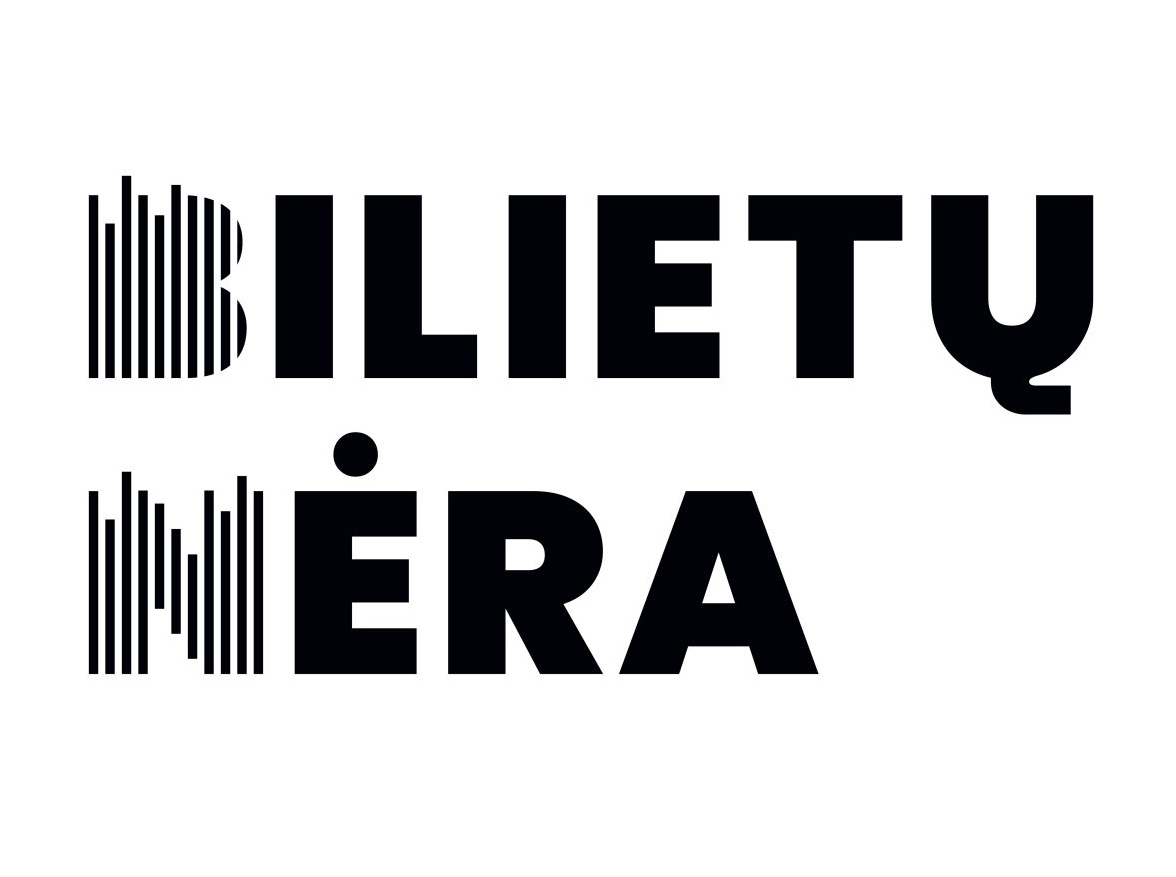The Metamorphosis
Metamorfozė
Lithuanian National Drama Theater
DIRECTOR: Oliver Frljić
SCENOGRAPHY, VIDEO PROJECTIONS: Igor Pauška
COSTUME DESIGN: Morta Nakaitė
LIGHT DESIGN: Dainius Urbonis
ASSISTANT DIRECTOR: Augustas Gornatkevičius
ASSISTANT FOR DRAMATURGY AND TRANSLATOR: Eglė Poškevičiūtė
PRODUCER: Agnė Pulokaitė
CAST: Rasa Samuolytė, Rimantė Valiukaitė, Gediminas Rimeika, Aistė Zabotkaitė, Algirdas Gradauskas, Kęstutis Cicėnas, Marius Repšys, Rytis Saladžius, Augustė Šimulynaitė, Vaidilė Juozaitytė, Jūratė Vilūnaitė, Toma Vaškevičiūtė, Mira (Dog).
PREMIERE: 31 May 2023
DURATION: 90 min
DATE: 22 September | 19:30
VENUE: Lithuanian National Drama Theater, New stage
LANGUAGE: Lithuanian with English subtitles

LRT shares news of Lithuanian theater showcases
***
“He can kill a man, but he cannot change him into something else” Robert Antelme
At the very heart of Franz Kafka’s work, one can always grasp the different forms of dehumanization being explored. The story of Gregor Zamza, the man-turned-insect, raises the question of the limits of our compassion for the Other: how the process of identification is carried out, how the Other is constructed, and whether we can accept the Other as a part of humanity. This performance seeks to explore the complex dialectical relationship between two different political (in the broadest sense) mechanisms: empathetic identification on the one hand, and dehumanization on the other.
The field of meanings in Kafka’s works is infinitely wide, and not amenable to simple, unambiguous interpretations. Striving to open different levels of them in the performance, the most important thing here is, however, to engage in a dialogue with the reality in which we live.
On 28 July 1914, the First World War broke out, and just a few days later, Kafka began to write what is perhaps his most famous novel, “The Trial” (which remained unfinished and was only published without the writer’s permission only after his death). And although the two events are not linked by mutual causality, the experience of war is evident in this and other works by the writer. Scholars of Kafka’s oeuvre argue that in “The Trial” he foresaw the totalitarian ideologies that were soon to engulf Europe, as well as the nature of that war. On 24 February, when Russia went to war against Ukraine, it was said that this war would initiate the next phase of European history, ushering in a new world order. So, it may well be that we, Europeans in the 2020s – like Kafka, who became a contemporary of the First World War – will live through a watershed epoch that will usher in a new world order.
***
Oliver Frljić is one of Europe’s most prominent theatre makers, directors, actors, and text authors, often described by critics as a “theatre provocateur”. He usually raises difficult and socially unfavourable issues on stage, speaks sharply on social issues, and in his work, he often responds to the current problems and situations of the day. Several of his performances have had a significant public impact, such as his performance about anti-Semitism in Poland, which was cancelled at the National Old Theatre in Krakow in 2013, or “The Curse”, which was staged at the Powszechny Theatre in Warsaw in 2017. The director has been invited to work on various stages and is also in residence at the Gorki Theatre in Berlin.
***
Lithuanian National Drama Theatre with a tradition spanning nearly 80 years, the Lithuanian National Drama Theatre has been the home of the most prominent local performing arts work as well as artistic discussion about contemporary world. Over the decades the theatre itself has been, with its iconic sculpture of the “Three Muses” crowning the main entrance, a symbol of the national cultural legacy. Since 2010 LNDT has held its focus on the future of theatre in its openness to new artistic forms, disciplines, and fields. Local as well as guest artists from around the world have been invited to create here, to share their perspectives with audiences, and to engage them in an intense, if sometimes provoking dialogue with the contemporary world. The theatre sees as crucial its role as an agora, a place for gathering and discussing the here and now by delving into burning issues of modernity, an individual, and society. The theatre has produced works by Krystian Lupa, Árpád Schilling, Łukasz Twarkowski, Saara Turunen, Anna Smolar, and Jo Strømgren. Its recent touring directions include festivals such as Festival d’Avignon and Festival d’Automne à Paris (France), Wuzhen Theatre Festival (China), Kontakt Festival (Poland), Festival Otoño Madrid (Spain) etc.































